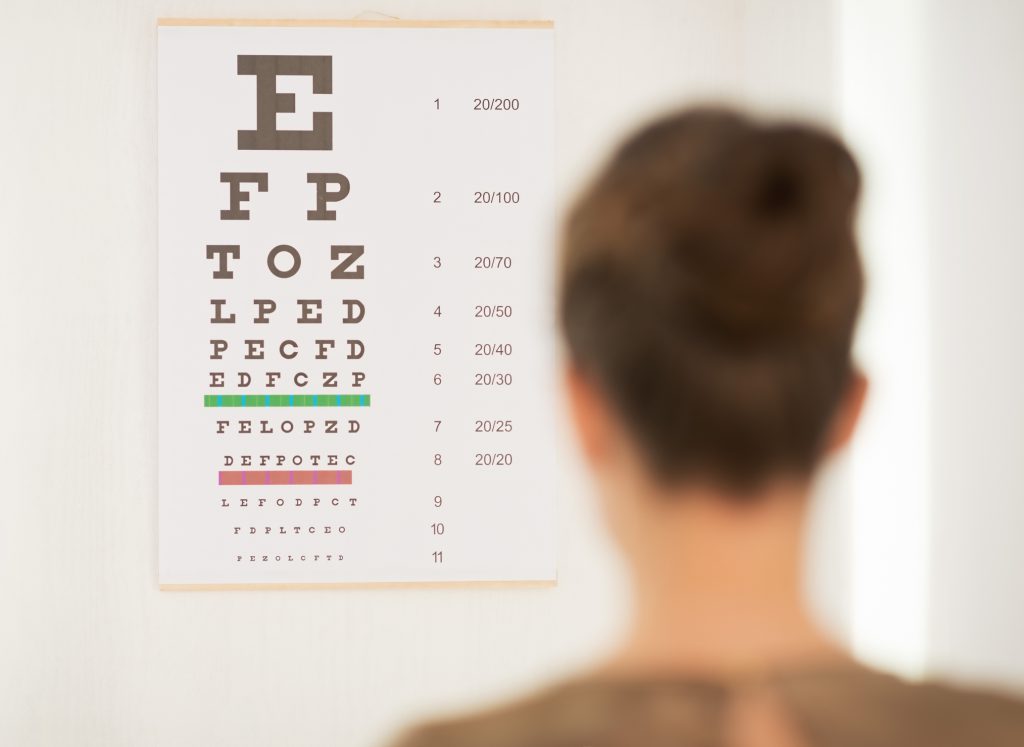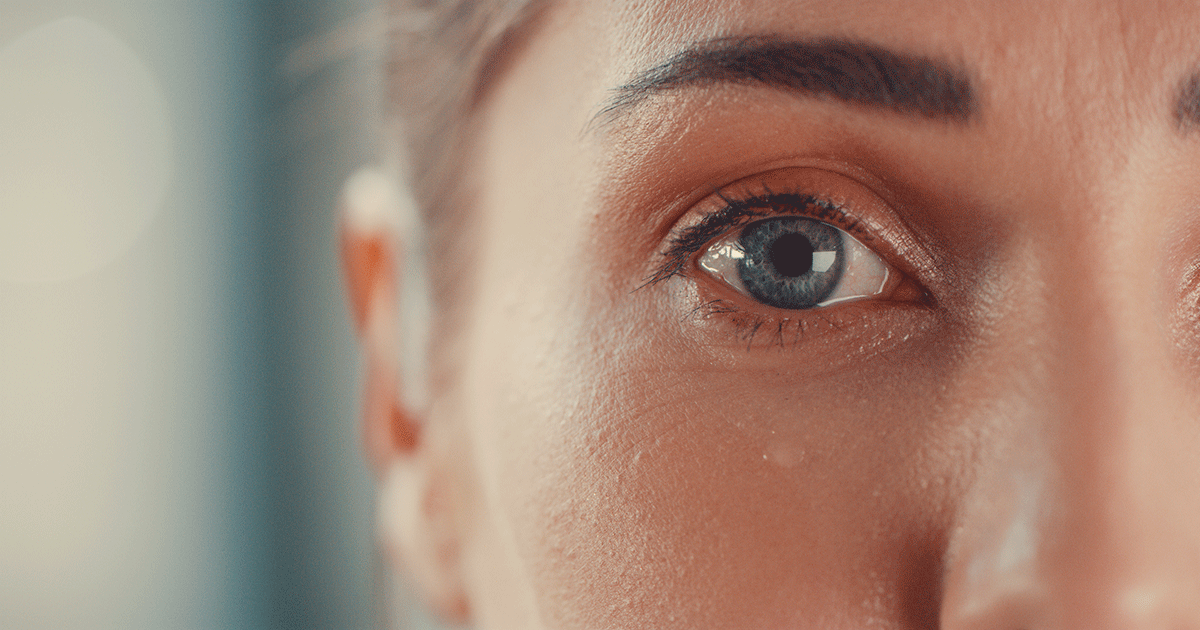Keep an Eye on Your Vision
Most of us don’t give our eyes much thought—until something goes wrong. But the truth is, your vision plays a vital role in your overall quality of life. From reading your favorite book and navigating your daily commute to recognizing loved ones’ faces and taking in the beauty of the world around you, your eyes are constantly at work. The good news? You don’t need to wait for problems to arise to start caring for them. A few simple, everyday habits can make a big difference in protecting your vision and keeping
your eyes healthy for years to come.
Why Eye Health Matters
Just like the rest of your body, your eyes change over time. While some changes are normal, others can be warning signs of underlying problems. Common issues include:
» Eye strain
» Dry eyes
» Cataracts
» Glaucoma
» Diabetic eye disease
» Age-related macular degeneration (AMD) ¹
Many of these conditions can progress without noticeable symptoms at first, which is why preventive care is so important.
Daily Habits That Keep Your Vision Strong
Here’s what you can do today to protect your sight:
» Eat for Eye Health
Nutrition matters! Vitamins A, C, E, zinc, and omega-3 fatty acids support long-term vision. Fill your plate with:
- Leafy greens (like spinach and kale)
- Orange vegetables (carrots, sweet potatoes)
- Citrus fruits, eggs, and nuts
- Fatty fish like salmon and tuna²
These nutrients help prevent conditions like cataracts and AMD.
» Take Screen Breaks
Extended screen time causes digital eye strain, leading to headaches, dry eyes, and blurry vision. Try the 20-20-20 rule: every 20 minutes, look at something 20 feet away for 20 seconds.³
» Wear Sunglasses
Too much sun exposure can damage the eyes and raise your risk for cataracts. Choose sunglasses with 100% UVA and UVB protection, even on overcast days.⁴

Your vision is one of your most important senses, helping you navigate the world, connect with others, and maintain your independence. Managing your eye health isn’t just about seeing clearly—it’s also key to detecting early signs of health conditions like diabetes, high blood pressure, and even neurological issues.
» Schedule Regular Eye Exams
Even if your vision seems fine, yearly eye exams can detect early signs of serious issues like glaucoma, retinal damage, or diabetes-related changes.⁵
» Stay Active and Manage Health Conditions
Exercise and a healthy lifestyle help control diabetes, high blood pressure, and high cholesterol—all of which can affect your eyes.⁶
» Keep Contact Lenses Clean
If you wear contacts, follow cleaning instructions closely. Poor hygiene can lead to infections like keratitis, which can permanently damage your vision.⁷
Signs You Shouldn’t Ignore
Your eyes may be trying to tell you something. Watch out for these red flags and get them checked out promptly:
Blurry Vision: May indicate a need for glasses, or something more serious like diabetes-related eye damage or a retinal issue.⁸
Eye Pain or Pressure: Could be caused by glaucoma, infection, or inflammation.⁹
Frequent Headaches: Sometimes linked to uncorrected vision problems or eye strain.¹⁰
Flashes of Light or New Floaters: Could signal a retinal tear or detachment, which requires immediate attention.¹¹
Trouble Seeing at Night: A common early sign of cataracts or vitamin A deficiency.¹²
Red, Swollen, or Itchy Eyes: Could point to an eye infection, allergies, or pink eye (conjunctivitis).¹³
Sudden Vision Loss: Always a medical emergency—this could be a sign of stroke, retinal detachment, or other critical condition.¹⁴
The Bottomline
Your eyes are small but mighty—and they work hard every single day. With regular checkups, a healthy lifestyle, and attention to warning signs, you can protect your vision and enjoy clear sight for years to come.
Don’t wait for a problem to start caring for your eyes. Prevention is the best protection.
©2025ProgressiveHealth
References
- National Eye Institute. “Common Eye Disorders.” https://www.nei.nih.gov
- American Academy of Ophthalmology. “Foods for Eye Health.” https://www.
aao.org - American Optometric Association. “Digital Eye Strain.” https://www.aoa.org
- Centers for Disease Control and Prevention. “Protect Your Eyes from Sun
Damage.” https://www.cdc.gov - Mayo Clinic. “Eye Exams: Why They’re Important.” https://www.mayoclinic.org
- American Diabetes Association. “Diabetes and Eye Health.” https://www.
diabetes.org - U.S. Food and Drug Administration. “Contact Lens Safety.” https://www.fda.gov
- Mayo Clinic. “Blurred Vision: Causes and When to See a Doctor.”
- Glaucoma Research Foundation. “Symptoms of Glaucoma.”
- American Migraine Foundation. “Ocular and Visual Migraines.”
- American Academy of Ophthalmology. “Eye Floaters and Flashes.”
- National Eye Institute. “Night Vision and Cataracts.”
- CDC. “Conjunctivitis (Pink Eye).”
- Cleveland Clinic. “Sudden Vision Loss: Causes and What to Do.”

